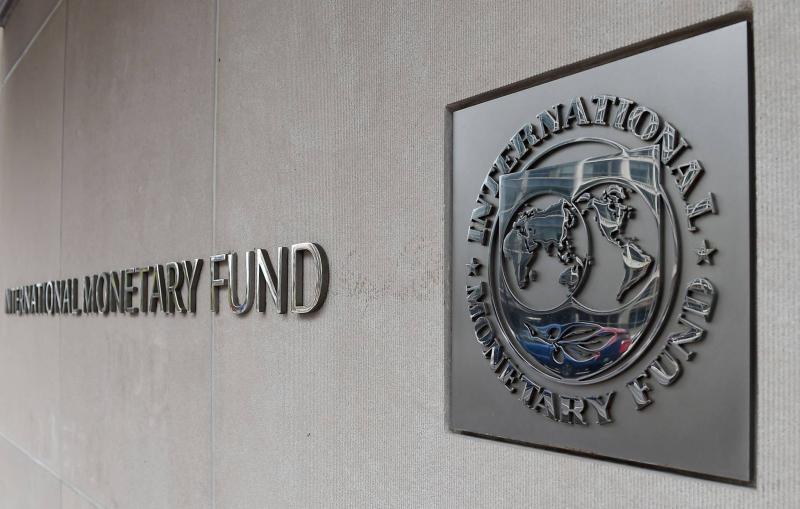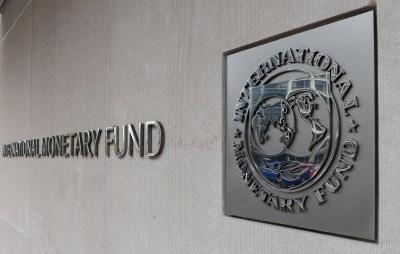A team from the International Monetary Fund, led by Ernesto Ramírez Rigo, visited Beirut from September 11 to 14 to discuss recent economic developments, especially regarding main reforms. At the conclusion of the visit, the IMF issued a statement indicating that "Lebanon has not urgently implemented the required reforms, which will affect the economy for years to come."
The statement added, "The lack of political will leaves Lebanon facing a weak banking sector, inadequate public services, deteriorating infrastructure, worsening poverty and unemployment conditions, and widening income gaps. The seasonal rise in tourism has increased foreign exchange flows during the summer months. However, tourism revenues and remittances are still significantly below what is needed to compensate for the large trade deficit and lack of external financing."
The IMF noted that "recent decisions by the new leadership of the Central Bank of Lebanon to gradually phase out the controversial Sayrafa platform, establish a reputable and transparent foreign exchange trading platform, halt withdrawals from foreign currency reserves, limit cash financing, and enhance financial transparency are steps in the right direction. Furthermore, all official exchange rates must be unified according to the market exchange rate."
The statement further indicated, "These steps should be temporarily supported by capital controls laws, and complemented by political actions from the government and parliament to curb the deficit and address the financial sector through recognizing losses and proceeding with the restructuring of banks. The government needs to implement a coherent financial strategy to restore debt sustainability and provide room for social spending and infrastructure expenditures."
It pointed out that "the 2023 budget still lacks timeliness and coverage, and it does not accurately reflect the true extent of the deficit and the associated cash financing. The proposed 2024 budget should be aligned with the unified exchange rate process initiated by the Central Bank and avoid preferential treatment of some taxpayers over others. It should also include sufficient resources to rebuild the tax administration to enhance compliance and improve tax equity. In this regard, we encourage the authorities to start implementing key elements of the fund's tax policy reform recommendations published in the 2023 technical assistance report on getting tax policy back on track, and initiate plans to rehabilitate major corporations."
The statement concluded, "The restructuring plan for the banking sector is still not in place. This inaction has led to a significant decline in recoverable deposits and hindered the provision of credit to the economy. Amendments to the banking secrecy law aimed at addressing shortcomings and the capital control and deposit withdrawal bill are still awaiting parliamentary approval."
A temporary boost in foreign exchange inflows from seasonal tourism has created a false sense of recovery but cannot fix Lebanon's current account deficit and financing gaps.
Lebanon has not set a plan to restructure its banking sector nor approved any capital control laws or budgets for the current year. The statement emphasized that the Central Bank, currently led by interim governor Wassim Mansouri, has taken "steps in the right direction," including the gradual phasing out of the controversial Sayrafa platform and limiting cash financing for the government.
Finance Minister of the caretaker government, Youssef Khalil, stated that the IMF's assessment is "an accurate description of the financial, monetary, and economic reality" and urged the parliament to pass the required reform laws.




